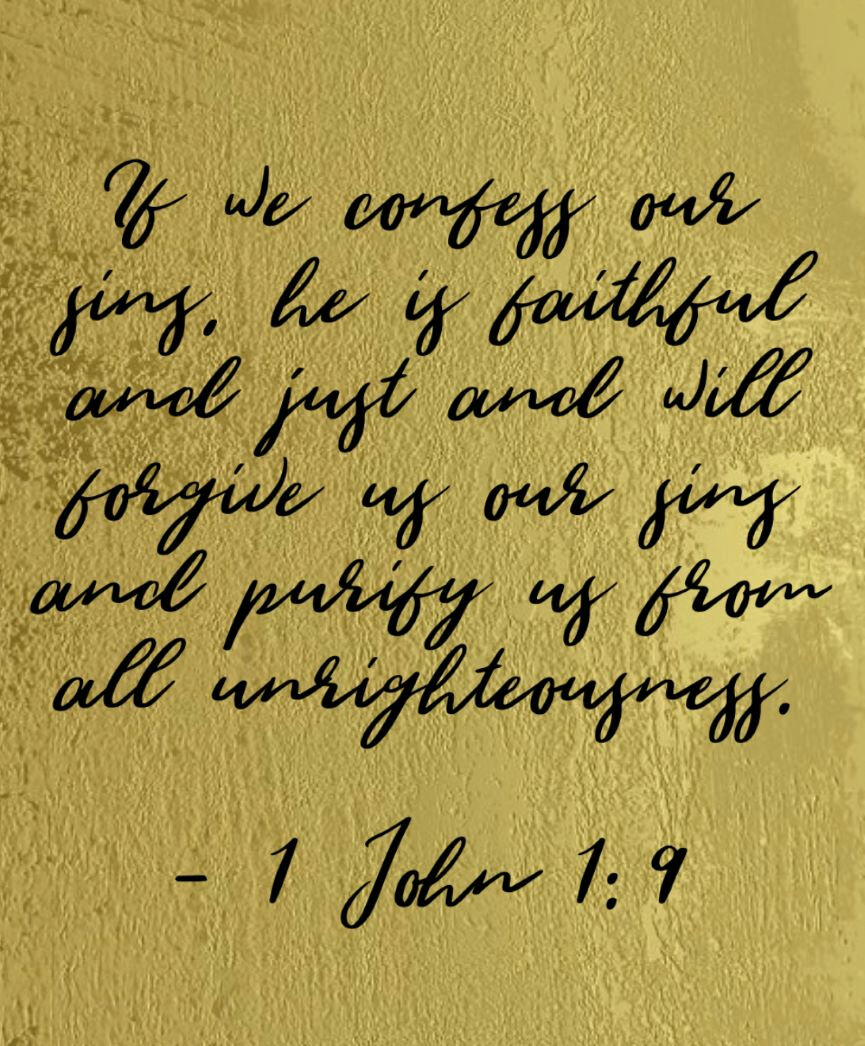Discovering Faith: The Story of Rahab
Who is Rahab?
Rahab is a Canaanite woman. She lived in Jericho and was a prostitute. We are introduced to her in The Book of Joshua Chapter 2.
What is Rahab’s Story?
Joshua and the Israelites planned to storm the city of Jericho, the gateway city to The Promised Land. Jericho was a fortress, the city hidden behind walls. Even so, those who were less fortunate lived in homes that were not permitted to be inside the city walls. Due to Rahab’s financial circumstances coupled with her occupation, it is here that she lived. Joshua sent out two Israelite spies whose mission was to get a lay of the land.
The spies ended up going to Rahab’s house. The king of Jericho caught wind of the spies.
So the king of Jericho sent this message to Rahab: “Bring out the men who came to you and entered your house because they have come to spy out the whole land.” (Joshua 2:3)
Instead of telling the king where the two men were, she responded, “Yes, the men came to me, but I did not know where they had come from. At dusk, when it was time to close the city gate, they left. I don’t know which way they went. Go after them quickly. You may catch up with them.” (Joshua 2:4-5)
As the Canaanites went hunting the two men, Rahab went to the rooftop. She had been harboring a secret all along. What she didn’t tell the king was that she had hidden the two men under stalks of flax she had laid out on the roof.
She spoke to the two spies. and said to them, “I know that the Lord has given you this land and that a great fear of you has fallen on us so that all who live in this country are melting in fear because of you. We have heard how the Lord dried up the water of the Red Sea for you when you came out of Egypt, and what you did to Sihon and Og, the two kings of the Amorites east of the Jordan, whom you completely destroyed. When we heard of it, our hearts melted in fear, and everyone’s courage failed because of you, for the Lord your God is God in heaven above and on the earth below.
“Now then, please swear to me by the Lord that you will show kindness to my family because I have shown kindness to you. Give me a sure sign that you will spare the lives of my father and mother, my brothers and sisters, and all who belong to them—and that you will save us from death.” (Joshua 2: 9-13)
The Israelite spies promised Rahab that her life and the lives of her family would be spared. They instructed her to tie a scarlet cord to a window and to ensure that her family members would be inside of her house when the invasion took place. Rahab let the men climb out her window and informed the men to hide in the hills for three days and they would not be caught. After 3 days, the men started their journey back to report to Joshua. In Joshua 6:17 we see that Joshua showed mercy to Rahab and her family. During the invasion, Joshua tells his army, “the city and all that is in it are to be devoted to the Lord. Only Rahab the prostitute and all who are with her in her house shall be spared, because she hid the spies we sent.”
The entire city of Jericho was destroyed. All of the men, women, young and old, cattle and donkeys.
Joshua 6:25 continues to tell us that not only was Rahab and her family spared, they were welcomed with open arms to join the Isrealites:
But Joshua spared Rahab the prostitute, with her family and all who belonged to her, because she hid the men Joshua had sent as spies to Jericho—and she lives among the Israelites to this day.
What Significance is in Rahab’s Story?
Rahab was a known lady of the night. She was a Canaanite and an enemy of the Israelites. Yet, Rahab had enough insight and sudden faith to recognize that the Israelites were following the promise of God. She acknowledged that it was her responsibility to save these men.
She, who was once a sinner, chose to follow God.
Hebrews 11:31 reads:
By faith the prostitute Rahab, because she welcomed the spies, was not killed with those who were disobedient.
James 2:25-26 reads:
In the same way, was not even Rahab the prostitute considered righteous for what she did when she gave lodging to the spies and sent them off in a different direction? As the body without the spirit is dead, so faith without deeds is dead.
Rahab became a woman of faith.
We are not perfect, we have all sinned, and we will continue to do so throughout our lives. But we do not have to be defined by our sins. We can learn from them, we can grow from them. We can choose to do better next time. We can have the faith that God will forgive us for our sins and continue to help us.

A Cool Note
Matthew 1:1-6 tells us the lineage of Jesus:
This is the genealogy of Jesus the Messiah the son of David, the son of Abraham:
Abraham was the father of Isaac,
Isaac the father of Jacob,
Jacob the father of Judah and his brothers,
Judah the father of Perez and Zerah, whose mother was Tamar,
Perez the father of Hezron,
Hezron the father of Ram,
Ram the father of Amminadab,
Amminadab the father of Nahshon,
Nahshon the father of Salmon,
Salmon the father of Boaz, whose mother was Rahab,
Boaz the father of Obed, whose mother was Ruth,
Obed the father of Jesse,
and Jesse the father of King David.
This means that Jesus is a direct descendant of Rahab.
To Sum it All Up
Granted, Rehab was an unlikely candidate to become a tool in God’s plan. But she put her trust in the Lord, and because of her faith and the actions she took, the Israelites were one step closer to The Promised Land. She became righteous and her sins were forgiven. As mentioned above in James 2:26, faith without deeds is dead.

-Torrance Church of Christ
Just to clear up some confusion:
Psalm 87:4 and Psalm 89:10 refer to Rahab as well as Isaiah 30:7 and Isaiah 51:9, and then again in Job 9:13 and Job 26:12. If you go and read the verses, you might experience some confusion.
Rahab is a Hebrew term. It is a more poetic way of referring to Egypt. In the mentioned scriptures above, they are referring to Rahab as Egypt.
Rachab is the name for Rahab of Jericho. This change is because of translation. In Hebrew, the correct spelling of her name is Rachab, however, the spellings are the same once translated into English.
